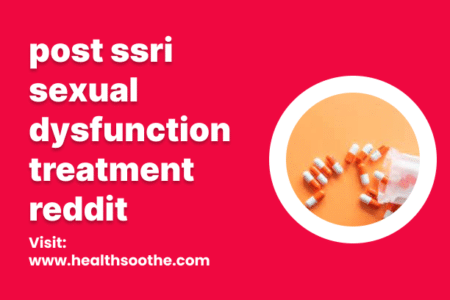Curious about the ‘Big Data’ term everybody is talking about? Wondering what the technology could be useful for in the healthcare industry? Well, look no further!
What is Big Data and How does it affect people?
The digital age has brought a wave of technological revolution that has swept away all the existing mechanisms. The people of today have reshaped their lifestyles to fit around the technological advancements of the century. Similarly, businesses have developed their operations in a manner with which they can maximize their return on investment. Such levels of innovation have brought with itself countless benefits in several industries, including healthcare and medicine.
Similarly, the introduction of Big Data has revolutionized the core mechanism of multiple industries. Yet, the impact of such large volumes of data and its practical use in healthcare is something that stands apart. Such progress is also associated with the industry due to its importance relating to the human lives at stake. Medical practitioners are determined to use big data to deeply understand medical conditions and create precautionary and preventative measures for the future.
Although there exist countless methods through which such an innovative technology can assist the healthcare industry. Here are 5 of the most brilliant examples of how big data can be used in healthcare to save precious lives.
Medical and Disease Research:
One of the most significant benefits of using such exponential amounts of information is research and development. A healthcare data analyst can do wonders by effectively utilizing such data.
With R and D, raw data can be converted into valuable information enabling medical professionals to assess critical statistics from the data and gain useful insights into diseases and medical conditions. This information can significantly accelerate the tedious process of manually researching with considerably greater accuracy. It also allows healthcare professionals to streamline the research process and automate the extraction and processing of data to draft cures and save countless lives.
2. Real-Time alerts:
While the real-time monitoring of a patient’s vitals is possible inside a clinical environment, analyzing such data after the patient is discharged has always been a dilemma. With the emergence of big data into the medical world, a continuous and real-time system to monitor a patient’s health is now possible. Patients in various parts of the world are now required to carry wearable medical devices. These devices continuously collect vital information and upload it onto cloud servers. This data stream is then processed through big data analyzing software to provide real-time alerts to the doctor and detect any alarming pattern in the patient’s health. As a result, the responsible doctor or healthcare professional can take countermeasures without delay in time.
3. Enhanced Virtual Diagnosis and Telemedicine:
Telemedicine has been around in the healthcare industry for quite some time via communication through phones. However, the introduction of the internet and video communication has further normalized the practice. Likewise, smart devices and wearable data collection technologies have proven their worth as a vital tool for telemedicine in today’s world.
With the help of the internet and smart devices, medical professionals can now virtually diagnose several diseases and medical conditions. Incorporating big data tools can enable healthcare professionals to improve the overall quality of medical diagnosis. Not to mention, by reducing the need for physical presence, patients can now also use a low-cost method for medical diagnosis.
4. Smart Staff Management
Hospital management and administration can also benefit significantly by integrating big data into their systems. Hospital staff can use real-time streams of patient data to predict patient needs at a healthcare facility. Correspondingly, hospitals and clinics can predict the varying staff requirements for the number of patients it caters to on a particular day. This information is vital in the case of dealing with pandemics, similar to the covid-19 outbreak. All of these systems can be used by management to manage their resources more effectively and avoid chaos.
5. Predictive and Precautionary Analytics
Over the years, countless lives have been lost due to delays and doctors’ inability to diagnose particular diseases. Hospitals either lack the technology or the medical expertise to diagnose certain conditions. these delays need to be reduced.
Fortunately, with big data and its tools, the medical world now can effectively tackle these situations. Medical and healthcare organizations now focus on building and maintaining databases with large amounts of patient data. This data is used for predictive analysis for patients with complicated medical histories. The data can highlight key factors in similar past cases to achieve a more comprehensive insight into current active cases. Furthermore, tackling medical issues beforehand by taking precautionary methods can help save even more lives before such conditions occur.
Conclusion
The introduction of big data into the world has facilitated countless applications in a variety of industries. The healthcare industry falls among the key stakeholders of the technology. As the importance of big data applications in saving precious human lives provides a certain edge over other resources at risk. Although there exist countless other useful applications of big data in the healthcare sector, the five examples presented above are among some of its key usages to help save lives. Yet, the healthcare industry is still incapable of exercising several such enhanced applications of the technology. It has significantly made progress in 1st world countries like America, where transparent healthcare mechanisms exist. The goal of completely submerging big data into the medical world might only be possible with a whole level of digitalization in the industry.





